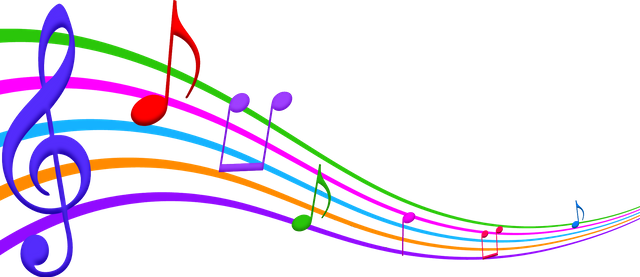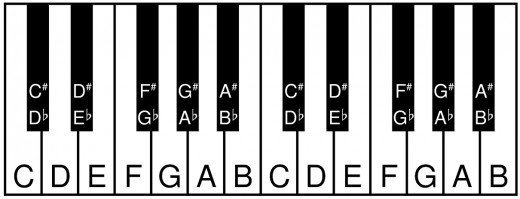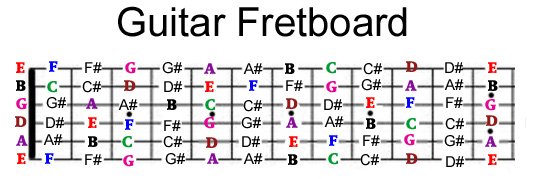Do you know the names and the distance of the occidental music notes ?

A lot of persons play music everyday all around the world without knowing the names of the notes nor the distances between them . You may already have played piano or guitar just for fun or more seriously . Putting your fingers on the frets or on the black and white keys of the piano .
Do you know the link between all thoses instruments and the names of the notes you play ?
Ok let's make it simple :
When you play piano you can notice an interesting thing , there is white keys and black keys . The white keys are called the natural notes , the black keys are called the altered notes .
There is 7 natural notes and 5 altered notes . That gives us a total of 12 notes .
" hmmmm wait ! My piano has 88 keys , not 12 !"
You are right , pianos have more than 12 notes but if you look closely you will notice that a pattern of 12 notes is repeated on the piano . This is our 12 notes which are repeated at differents octaves .
In music the distance between 2 notes is counted in steps .
An interval is the distance between 2 notes .
In the occidental music the smallest distance between 2 notes is a half step .
The distance between the notes will always be the same .
The 7 natural notes are :
C D E F G A B ( or do re mi fa sol la si in french )
...and here is the distances between thoses natural notes :
1 step between C and D
1 step between D and E
1/2 step between E and F
1 step between F and G
1 step between G and A
1 step between A and B
1/2 step between B and C
" ok but you said the smallest distance in occidental music was 1/2 steps , and you said that there is 1 step between C and D , isn't it possible to add a note between them ? "
Yep it is ! We will be able to add notes between the natural notes separated by 1 step ( C and D , D and E , F and G , G and A , A and B ) . That gives us 5 intermediate notes that we call the altered notes . To create those notes we will use the flat and the sharp .
The sharp highers the note of 1/2 step .
The flat lowers the note of 1/2 step .
The note between C and D will be called C sharp or D flat .
Then we have our pattern :

Thus you have the same logic for all instruments . For instance everytime you move your finger of one fret on the right on the guitar you raise the note of one half step :

If you know the name of the notes of a song and that you know where the notes are on any instrument you can play the song easily.
Next times we'll take a look at the names of the different intervals .
Have fun !
Gracias por compartir este material, me gusta lo que has publicado.
Gracias tambien :-)